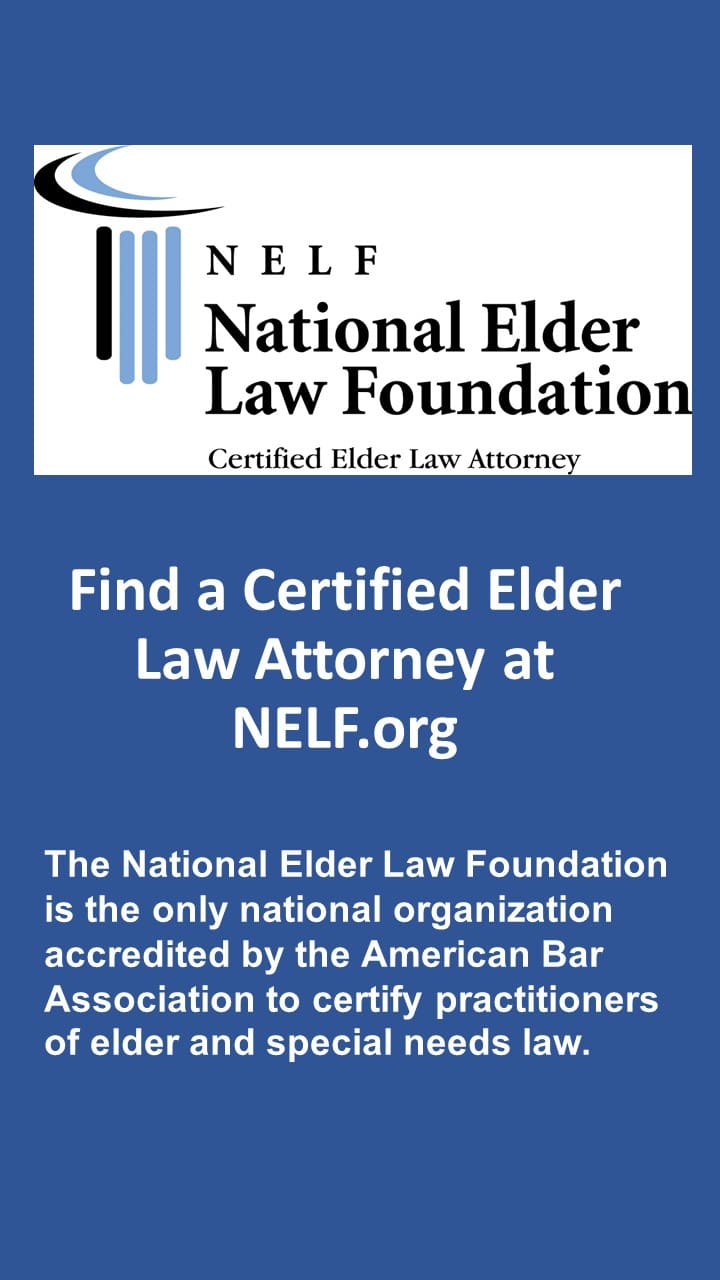In Department of Human Services v. Hobart, the Oregon Court of Appeals ruled, on March 2, 2022, that Oregon’s Medicaid agency could pull a Medicaid recipient’s interest in a marital home back into her estate for purposes of estate recovery. The federal Medicaid law requires States to pursue estate recovery, but some States are more earnest about it than others. The federal statute, at 42 USC § 1396p(b), provides in part:
(b) Adjustment or recovery of medical assistance correctly paid under a State plan
(1) No adjustment or recovery of any medical assistance correctly paid on behalf of an individual under the State plan may be made, except that the State shall seek adjustment or recovery of any medical assistance correctly paid on behalf of an individual under the State plan in the case of the following individuals:
(A) In the case of an individual described in subsection (a)(1)(B), the State shall seek adjustment or recovery from the individual’s estate or upon sale of the property subject to a lien imposed on account of medical assistance paid on behalf of the individual.
(B) In the case of an individual who was 55 years of age or older when the individual received such medical assistance, the State shall seek adjustment or recovery from the individual’s estate, but only for medical assistance consisting of—
(i) nursing facility services, home and community-based services, and related hospital and prescription drug services, or
(ii) at the option of the State, any items or services under the State plan (but not including medical assistance for medicare cost-sharing or for benefits described in section 1396a(a)(10)(E) of this title).
…
(2) Any adjustment or recovery under paragraph (1) may be made only after the death of the individual’s surviving spouse, if any, and only at a time—
…
(4) For purposes of this subsection, the term “estate”, with respect to a deceased individual—
(A) shall include all real and personal property and other assets included within the individual’s estate, as defined for purposes of State probate law; and
(B) may include, at the option of the State (and shall include, in the case of an individual to whom paragraph (1)(C)(i) applies), any other real and personal property and other assets in which the individual had any legal title or interest at the time of death (to the extent of such interest), including such assets conveyed to a survivor, heir, or assign of the deceased individual through joint tenancy, tenancy in common, survivorship, life estate, living trust, or other arrangement.
….
In Hobart, one of the issues was the meaning of the term “estate.” As provided above, States are required to pursue estate recovery (see 42 U.S.C. § 1396a(a)(18) (requiring compliance with section 1396p as a condition of federal funding)), but States have the option of limiting estate recovery to the probate estate, or expanding it to include other assets the Medicaid recipient had an interest in at the time of death. Oregon has chosen to expand estate recovery.
Alexandra Hobart and her husband purchased a home in 1994. In late 2011 or early 2012, she was admitting to a nursing home with Medicaid paying beginning in November 2013. In April 2016, Alexandra transferred her interest in the home to her husband. Mrs. Hobart died on August 23, 2016. Medicaid had paid $326,403 in Medicaid benefits prior to her death.
In September 2016, Mr. Hobart transferred the home to a trust. Mr. Hobart died in December 2016. After his death, the Hobarts’ children conveyed the property to themselves.
Oregon’s Department of Human Services (DHS) brought an action against the Hobarts, seeking to set-aside the home transfer. The Hobarts argued that Mrs. Hobart’s estate did not own an interest in the home at the time of her death and, therefore, no estate recovery was permitted. The trial court rejected the Hobarts’ argument, entering judgment in favor of DHS in the amount of $108,000, which was Alexandra’s half of the home, plus interest.
Because Oregon’s defintion of “estate” parallels 42 USC § 1396p(b)(4)(B), the Hobarts’ preemption arguments were rejected. The Court of Appeals found three Oregon statutes relevant in affirming the trial court. ORS 411.630(2) prohibits property transfers that are intended to “hinder or prevent” DHS from recovering from a Medicaid recipient’s estate. ORS 416.350(2) provides that transfers of real property by Medicaid recipients “without adequate consideration are voidable and may be set aside under ORS 411.620(2).” And ORS 411.620(2) authorizes courts to set aside a transfer that lacks adequate consideration or that was intended to hinder or prevent estate recovery and to award recovery out of the asset to DHS.
Finding that Alexandra’s estate owned an interest in the home at the time of her death, the Court said:
because the April 2016 transfer was voidable at the time it occurred, the decedent retained an interest in the home at the time of her death. Although it may not be possible to turn back time in fact, one can turn back time in a legal sense. Once set aside, it was as if the transfer had never occurred.
The Court rejected the Hobarts’ contention that ruling against them would portend a parade of horribles, allow the voiding and setting aside all predeath asset transfers.
That is not so, because, for purposes of recovering properly paid Medicaid benefits, the statutes allow a court to set aside a transfer only in two narrowly prescribed circumstances. One is when a person receiving Medicaid benefits transfers property without adequate consideration. ORS 416.350(2); see Nay II, 360 Or at 693 (“As the department concedes, [ORS 416.350(2)] does not apply to transfers made by someone before they either became a Medicaid recipient or at least applied for such aid, because the statute applies only to transfers made `by recipients of such aid.'”). The other is when a person transfers property with the specific intent to hinder or prevent Medicaid estate recovery. ORS 411.630(2)(b); ORS 411.620(2).
Compare this case with In re Estate of Smith (Tenn. 2006).







